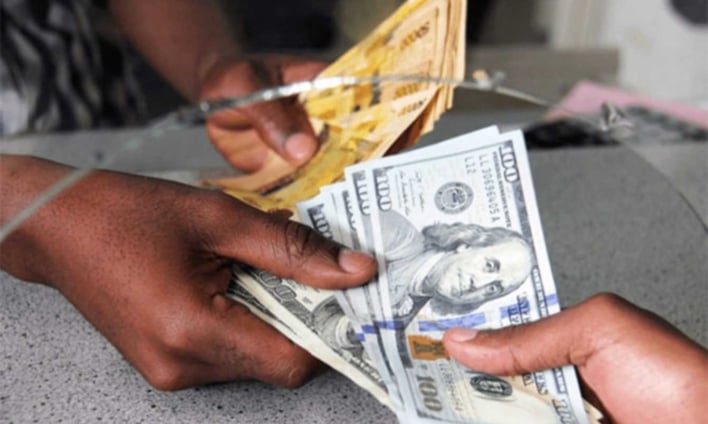Recently, I wrote an article highlighting the promising strengthening of the Ghanaian cedi against the US dollar under the leadership of President John Dramani Mahama.
The initial signs were encouraging, and the potential for continued economic stability was palpable. However, a conversation with my good friend, Uncle Paul, a seasoned businessman with decades of experience in Ghana’s economic landscape, has cast a shadow of concern on this positive outlook. His revelation, frankly, is staggering and warrants serious attention.
Uncle Paul believes a significant, and often overlooked, factor contributing to the cedi’s instability lies in the activities of individuals from neighbouring countries engaging in a brisk currency trade. According to him, a considerable number of these residents in Ghana are not employed, and their primary focus is buying US dollars from the black market and even from legitimate banking institutions. Their purpose? To transport these dollars back to their home countries and sell them for a substantial profit.
This, Uncle Paul argues, is a significant, yet often unaddressed, drain on the cedi. He posits that this consistent outflow of dollars, fueled by arbitrage opportunities between Ghana and its neighbouring countries, places undue pressure on the local currency. While factors like import demand and government spending naturally influence the cedi’s value, this particular form of currency speculation adds an artificial layer of instability that undermines efforts to stabilise the economy.
Think of it like a leaky bucket. You can pour water in (representing positive economic policies and foreign investment), but if there’s a constant leak, the bucket will never truly fill. This constant demand for dollars, driven by individuals seeking to profit from currency discrepancies, acts as that leak, constantly draining the cedi’s strength.
The implications of this revelation are significant. If true, it suggests that traditional economic measures alone may not be sufficient to fully stabilise the cedi. A more holistic approach is needed, one that addresses this undercurrent of cross-border currency trading.
Uncle Paul’s solution isn’t simple, but he believes it warrants the attention of National Security. He suggests a thorough investigation into the prevalence and scale of this practice, identifying those involved and implementing measures to curb this activity.
This could involve stricter enforcement of currency regulations, tighter border controls on large sums of foreign currency, and perhaps even collaborative agreements with neighbouring countries to address the underlying arbitrage opportunities driving this trade.
The point isn’t to demonise or unfairly target foreign residents. Rather, it’s about addressing a potentially harmful economic activity that threatens the stability of the cedi and, by extension, the Ghanaian economy.
If the Mahama government can find a solution to this challenge, Uncle Paul believes the cedi could experience even greater strength than we are currently witnessing. Addressing this issue would not only reduce the pressure on the currency but also create a more level playing field for Ghanaian businesses and citizens.
While further investigation and analysis are crucial to validate the full extent of this issue, Uncle Paul’s revelation provides a compelling perspective on a potential hidden driver of currency instability.
It serves as a reminder that economic challenges are often multifaceted and require innovative solutions that address both macro and micro-level factors. The stability of the cedi is paramount to Ghana’s economic prosperity, and exploring all potential contributing factors, however uncomfortable, is crucial for achieving lasting financial stability.
Anthony Obeng Afrane


